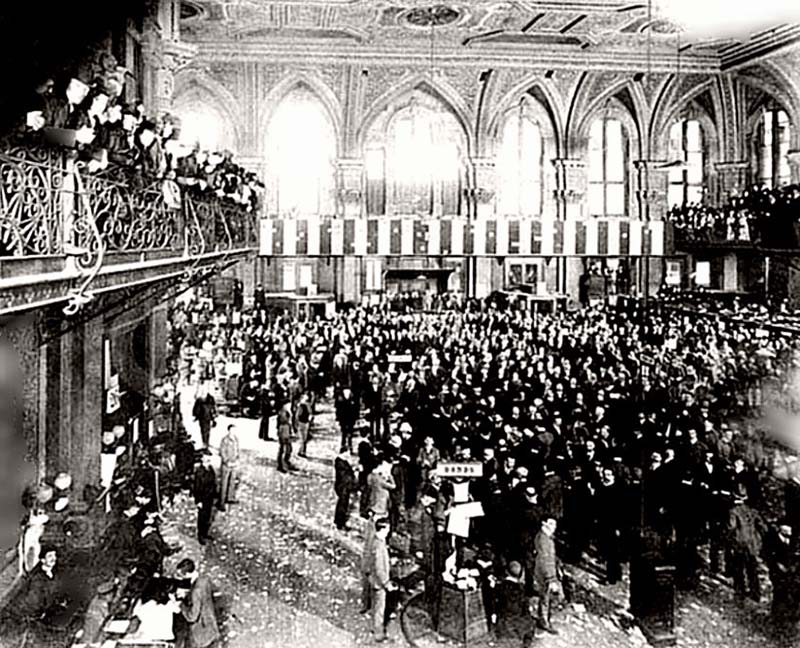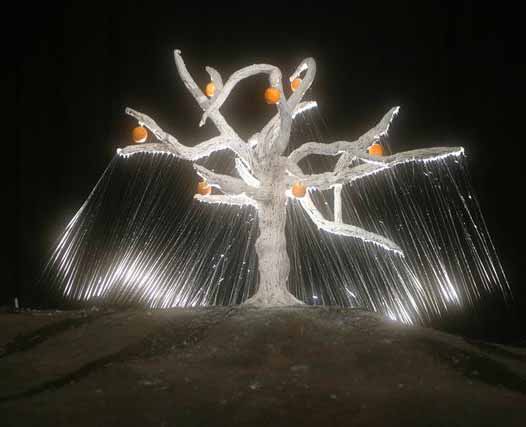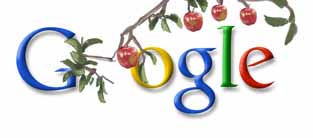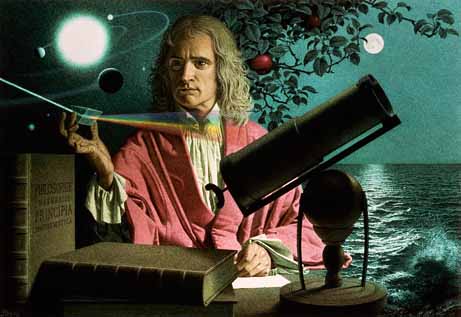

The American Civil War would end three months later followed by a period of reconstruction and rebuilding. Doesn't it seem to you that we are always in a cycle of destruction and rebirth - separation and reunion?
Over in New York City, on this date, the New York Stock Exchange opened its doors at its first permanent headquarters: 10-12 Broad Street near Wall Street. Conflicts of another kind would result as the years passed that would affect the lives of most people on the planet, highlighting in the 21st century as humanity plays its financial games/gains and all comes full circle. Gold ... alchemy ... would be the answer in all definitions of the word.
Do you have a system for the stock market? Do you gamble in the market? Do you make money? Did you lose a lot since September 2008?
It's the first Monday of the new year and new decade ... a time when your consciousness shifts back to finances, those thoughts set aside during the holidays. How do you see the economy as you return to work or make other important financial decisions? What are your financial goals for 2010?




Isaac Newton: Who He Was, Why Google Apples Are Falling
Silly as it sounds, Monday morning I had an overwhelming urge to eat an apple for breakfast. As I sat at my computer munching away ... I updated Ezine and posted the quote for Isaac Newton. Checking google, I discovered the google doodle of the day was about Isaac Newton. I laughed ... another bit/bite/byte of knowledge, the usual metaphors coming to mind - Apple computer, knowledge, tree of life, things inevitably fall down due to the 'gravity' of the situation ..... you can finish the rest. Newton was not only a brilliant scientist, but he was an alchemist - a man who could think outside the box and probably knew the truth about the illusion. Isaac Newton was one of my favorite characters in history and the most popular file on Crystalinks January 3, 2010.
Newton combined alchemy and economies - pseudoscience with natural sciences and mathematics.
Sir Isaac Newton, (1643-1727) was an English physicist, mathematician, astronomer, alchemist, and natural philosopher, regarded by many as the greatest figure in the history of science. His treatise Philosophiae Naturalis Principia Mathematica, published in 1687, described universal gravitation and the three laws of motion, laying the groundwork for classical mechanics. By deriving Kepler's laws of planetary motion from this system, he was the first to show that the motion of objects on Earth and of celestial bodies are governed by the same set of natural laws.
Newton's alchemical practice functions as a translation code for a new language of economics in which an investigation of material-spiritual value becomes transformed into a systematic structure of social value understood through economics. Newton began to translate his notions of value in alchemy to an economic setting when he was appointed to head England's mint several years after the 1687 publication of 'Principia', he took the new job very seriously, undertaking new research on the history of money and combining it with his work in mathematics, alchemy and metallurgy. He improved the edging of coins, much like U.S. coins are formed today, to prevent people from clipping the edges. Newton also assayed the coins of Europe to determine the amount of gold and silver they contained to help establish England's economic basis. Newton became the symbol of the stability of the British economy for his timeline.
As the economic system of capitalism began to be institutionalized in Europe in the decades following Newton, many thought that capital, or value, within capitalism was being mystified in the same way that gold is within its alchemical transformation. Newton thought by improving the English economic system, he was going to contribute to the ongoing transformation of England into God's kingdom on Earth. A Newtonian approach to matter carries with it a Messianic force that finally grounds itself in natural philosophy that includes an interpretation of human and natural history. Newton never makes economic value the sole force that determines history. Instead, the practice of economics is at least twofold, involving both the practice of a monetary system and a conceptual framework that sees within an economic system, the workings of God in time.
